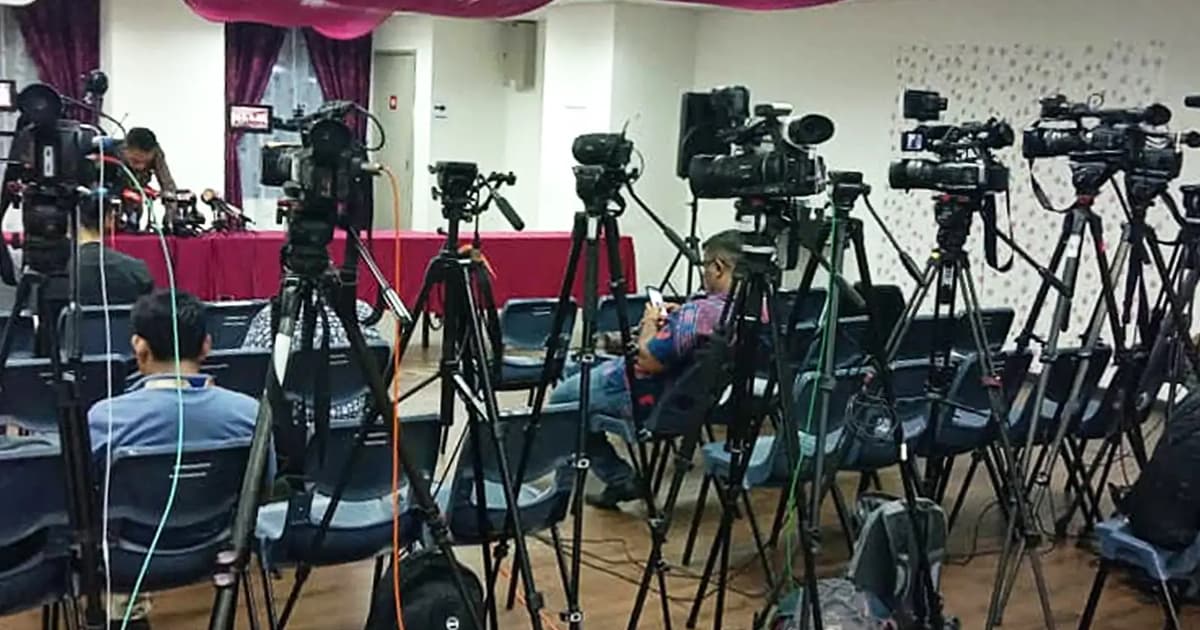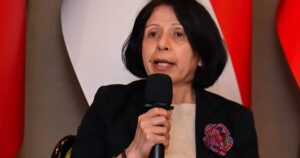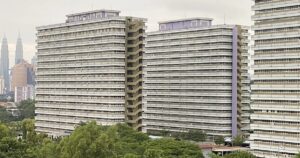
The Malaysian Media Council has voiced concern over the RM100,000 fines imposed on Sin Chew Media Corporation Bhd and Sinar Karangkraf Sdn Bhd, describing the penalties as excessive and disproportionate.
The council said such heavy fines risk fostering a climate of fear and self-censorship among journalists and editors, weakening the media’s core responsibility to inform the public and hold power to account.
It also said the Malaysian Communications and Multimedia Commission (MCMC) must carry out its enforcement powers under the Communications and Multimedia Act 1998 “with balance and fairness”.
“Inadvertent mistakes, though regrettable, should invite proportionate and corrective measures, not punitive sanctions that threaten newsroom viability, discourage public-interest reporting, or limit the diversity of voices in our media ecosystem,” it said in a statement.
The council said proportionate action from the authorities is especially important as the industry navigates rapid technological change, with tools such as artificial intelligence (AI) transforming how news is gathered, verified, and distributed.
Earlier today, MCMC said the fine on Sin Chew was imposed after the organisation uploaded an incomplete illustration of the Jalur Gemilang in its digital newspaper.
Meanwhile, Sinar Karangkraf was fined over a post on its official Instagram account that contained false information about Inspector-General of Police Khalid Ismail’s alleged involvement in a local political party.
Sin Chew had apologised for the mistake and said it would strengthen its review procedures for publications, particularly regarding the use of AI.
Sinar Harian also apologised for the blunder in a social media graphic that falsely described Khalid as a member of PKR.
The council called for constructive engagement with MCMC, the home ministry, and media organisations to develop clearer guidelines and a transparent, collaborative framework for addressing such issues.
“Our shared goal must be to safeguard both journalistic integrity and the public’s right to information while allowing the media the space to grow, adapt and innovate,” it said.






